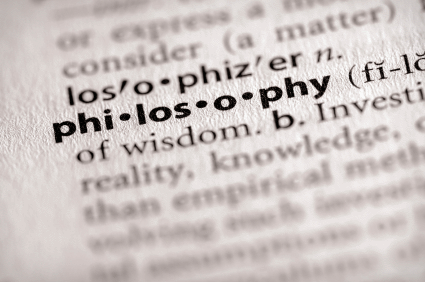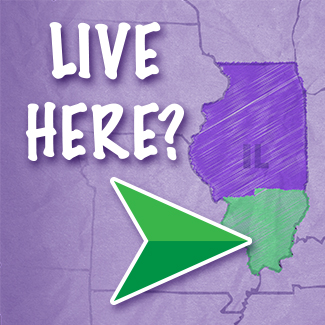What is Philosophy?
 Philosophy, the oldest and most basic of the liberal arts disciplines, continues to
provide the broad intellectual foundation essential to assuming leadership roles within
a quickly changing world.
Philosophy, the oldest and most basic of the liberal arts disciplines, continues to
provide the broad intellectual foundation essential to assuming leadership roles within
a quickly changing world.
Philosophy investigates the "big questions":
-
How should I live my life?
-
Does God exist? Are faith and reason compatible?
-
What is the nature of the mind? Am I my brain? Am I as free as I usually think I am, or is free will either an "illusion" or much narrower than usually thought?
-
What are my duties to other people? What are my duties to animals, future generations, and society (and the world) as a whole?
-
What is the nature of justice? How ought we order society to achieve a just society? Can we reconcile the pursuit of social justice with our society's fundamental focus on personal freedom from government interference?
Additionally, a major or minor in philosophy serves to balance the increasingly narrow
specialization typical of many of today’s majors in professional areas. Employers
want critical and sophisticated thinkers who can think innovatively--philosophy provides
just these skills, as a recent Huffington Post article discusses.
In tandem with another major, a philosophy major offers invaluable skills that are empirically proven to increase your argumentation and reasoning abilities. Since a philosophy major
requires 32 credit hours in philosophy, combining a philosophy major with another
major is quite easy to do.
A major in philosophy serves as an excellent pathway to law school, government service,
medical school and a wide range of graduate studies and jobs.
Make It McKendree



